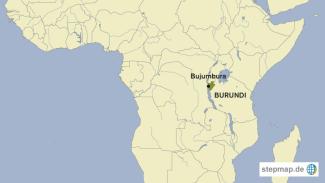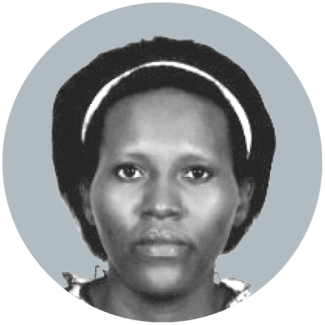Obstetric fistula
Marginalised for reasons of health

The medical disorder is obstetric fistula, a condition in which a hole develops in the birth canal during childbirth, usually because of obstructed labour. The hole can open between the vagina and the urinary tract or the rectum. It can cause stillbirths, incontinence and infertility. It can also lead to social isolation and depression.
Obstetric fistula is related to poverty. While virtually unknown in the developed world, obstetric fistula affects nearly 2 million women in low-income countries, according to a 2017 report by the UN Population Fund. About 75,000 new cases are reported in low-income countries each year.
Mélanie, from Burundi’s eastern province of Cankuzo, is one of the victims of this ailment. She is 35 years old and a mother of four. Pedaya, a woman in her twenties from Rumonge province in Burundi’s west, shares the same fate.
Both spoke with a reporter after spending months being treated in the Urumuri centre in Gitega, Burundi’s capital, the country’s sole hospital treating obstetric fistula. They requested that their stories be combined and reported with pseudonyms, to protect against retaliation from family and others.
“Both our husbands gave us a hard time when they found out we have this condition,” one of them says. “My husband abandoned me and found another wife. It was an ordeal.”
Some fistula sufferers have better luck. Epaphrodite, from Gitega province, says she developed a fistula that led to incontinence after the birth of her second child. Her husband was supportive and brought her to the regional hospital in Gitega, which in turn referred her to the Urumuri centre. Epaphrodite feels fortunate – for the support and for the treatment. “It's an honour for us,” she says.
According to Burundian health statistics, 1.8 % of women in the country are affected by obstetric fistula at any given time; that translates to about 750 new cases per year. On the other hand, the Urumuri hospital has treated a total of about 2,700 cases since 2010, suggesting that many cases go untreated.
In response, the government is expanding Urumuri’s facilities so that the centre can treat more women. Burundi’s First Lady Angeline Ndayishimiye Ndayubaha has campaigned for the expansion, through Twitter and other channels. Work on the extension began in October. But the extension addresses only part of the problem. A bigger issue is ensuring that women are brought to a hospital or clinic early enough during childbirth to ensure a healthy delivery.








